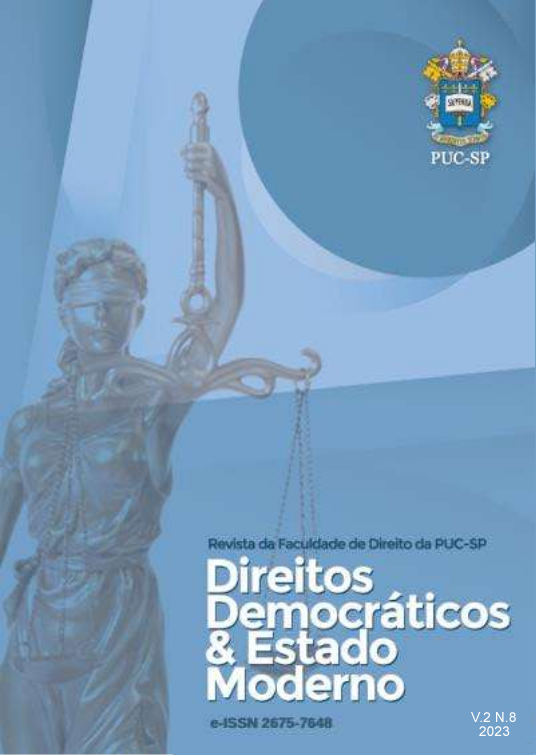Constitution and constitutional vicissitudes
DOI:
https://doi.org/10.23925/ddem.v.2.n.8.63053Keywords:
Constitutional right, Constitutional vicissitudes, Self-enforcing standards, Constitutional PrinciplesAbstract
The purpose of this article is to investigate how constitutional law works with the essential elements that make up a constitution of a rule of law. It analyzes the circumstances in which values are constitutionalized and the interactions they produce when constitutional norms become effective. Therefore, the starting point is that every State has its Constitution, which defines it, which structures the community, the people and organizes its power, resulting in the Constitution forming the statute of the community and political power. The research was developed using the hypothetical-deductive method of approach, the comparative procedure, the technique of indirect documentation, the bibliographical research: in books and legal periodicals; documentary; in legislation.
Downloads
Published
How to Cite
Issue
Section
License
Copyright (c) 2023 Democratic Rights & Modern State

This work is licensed under a Creative Commons Attribution 4.0 International License.
This work is licensed under a License Creative Commons Atribuição 4.0 Internacional.
The authors grant the journal all copyrights relating to the published works. The concepts issued in signed articles are the absolute and exclusive responsibility of their authors.
DD&EM Magazine - ISSN 2675-7648

















